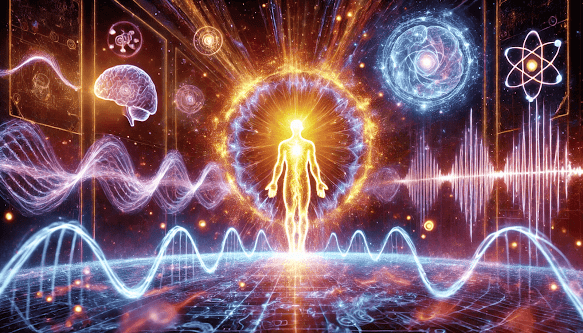Why Should "We the People" Study the Constitution?
The Constitution of United States begins with three
powerful words: “We the
People.” But what do these words truly represent? Are they just an
opening phrase, or do they hold a deeper meaning that continues to shape
American democracy? What
does “We the People” mean, and why should every citizen take the time to
understand it?
At the time of its writing, this
phrase was revolutionary. Unlike monarchies or authoritarian governments, where
power was concentrated in a single ruler, the “We the People” of United States declared that
authority came from its citizens. This idea of popular sovereignty was
essential, shifting the foundation of governance to the hands of the people.
But in today’s world, where constitutional debates are constant and
misinformation spreads easily, do we still live up to this principle? Is “We the People” in the Constitution
still as meaningful today as it was in 1787?
What Does “We the People” Mean?
“We the People” is not just a patriotic slogan. It
is a declaration of collective responsibility. The Founding Fathers made it
clear that government derives its power from its citizens, not from kings or
elites. This meant that ordinary Americans had both the right and the duty to
participate in the political process.
In United States Constitution:
Annotated with The Federalist Papers in Modern English, Mary E. Webster
highlights how this concept was central to the debates over ratification.
Federalists argued that a strong union, governed by the people’s consent, would
ensure stability, security, and liberty. The Anti-Federalists feared government
overreach, but the Federalist Papers reassured them that the Constitution’s
system of checks and balances would prevent domination.
Even today, the phrase reminds us
that democracy thrives only when citizens stay informed, vote, and hold leaders
accountable. Without active participation, the very foundation of “We the People” of United States
weakens.
Is “We the People” in the Constitution Still Relevant?
Some may wonder, “Is We the People in the Constitution” still a guiding
principle in modern governance? The answer depends on how actively citizens
engage with their rights and responsibilities. The Constitution was designed to
adapt and allow the people to shape their own future through changes and civic
action.
Throughout history, major movements
such as civil rights, women’s suffrage, and more have tested and reaffirmed the
power of the people. Without an engaged public, laws can be twisted, rights can
be ignored, and democracy can fade away. The responsibility to protect liberty
lies not just with politicians or courts but for “We the People” as a whole.
How the Constitution of United States Empowers Its Citizens
The Constitution of United States is more than a set
of laws. It is a blueprint for active citizenship. It guarantees fundamental
rights and limits government overreach. By understanding it, individuals gain
the tools to stand up for justice and contribute to their country’s future.
Mary E. Webster’s
annotated version of the Constitution with the Federalist Papers provides a
unique perspective on how the Founding Fathers envisioned this balance of
power. Their insights, written over two centuries ago, still provide guidance
for modern issues.
Deepen Your Understanding of the Constitution
For those who want a more
insightful understanding of how the Constitution of United States was shaped, United States Constitution: Annotated with The Federalist Papers in
Modern English by Mary E. Webster
is an essential resource. This book breaks down the Constitution alongside the
Federalist Papers, presenting their arguments in modern language while
preserving their original intent. Get your copy today and gain the
knowledge needed to grasp the principles of governance and the role of “We the People” in shaping
democracy.
Conclusion
Studying
the Constitution isn’t just for historians or legal scholars. It’s for
everyone. If we take “We
the People” seriously, then we must embrace our role in shaping our
nation’s future. The Founding Fathers gave us a government built on
participation, debate, and responsibility. The question is: “Are we fulfilling our role, or are we
letting others define our democracy for us?”




Comments
Post a Comment